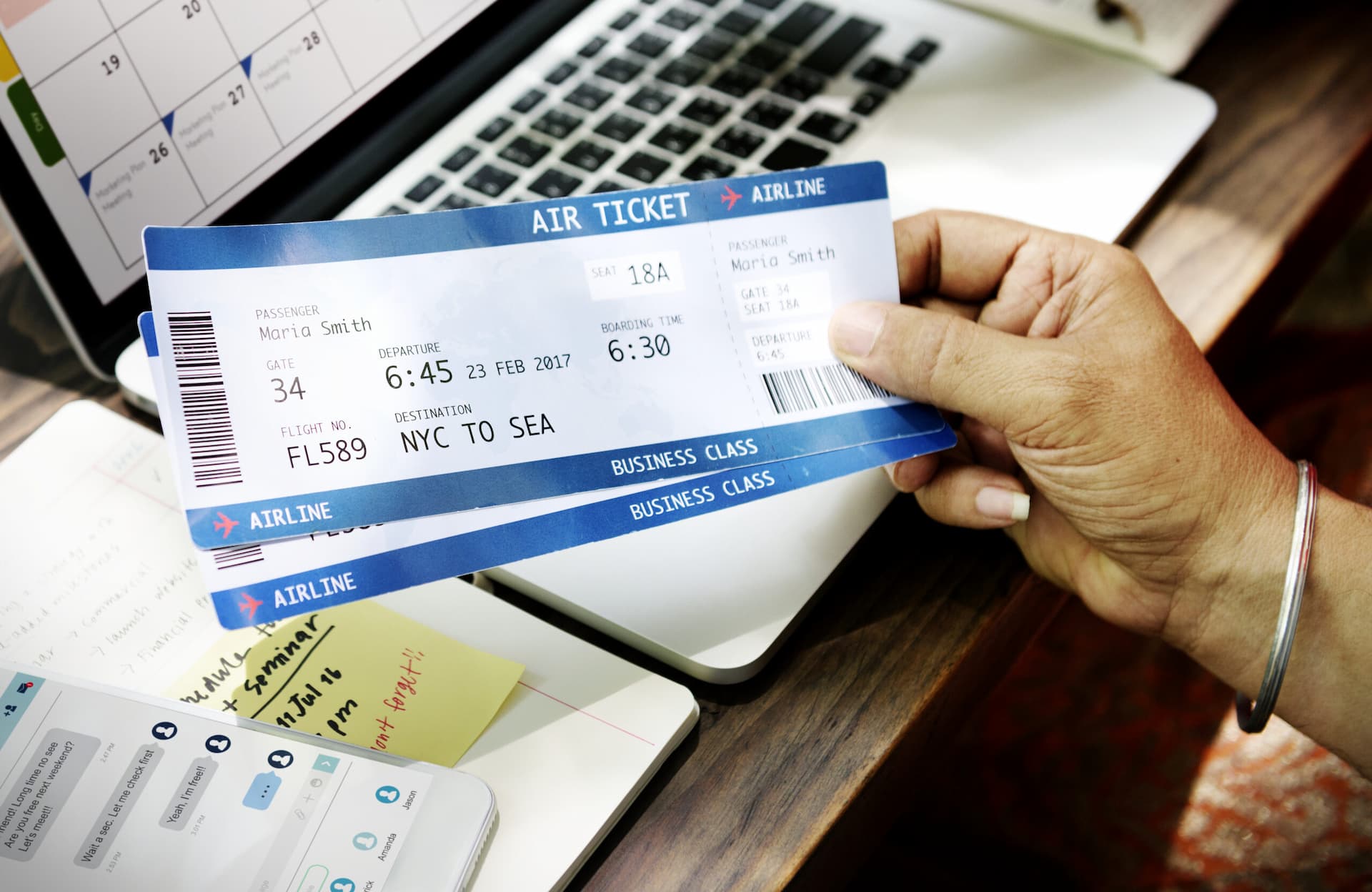
Differences between return and onward tickets: which one do you need?
Many countries require an onward or return ticket to let you enter or as part of a visa application. However, you should be careful about which exact type of ticket your destination country demands because they are not the same.
What is return flight? What is onward flight? And, finally, what are the differences between return and onward tickets? Read on to find out!
Why you might need an onward or return flight reservation: Major use cases
When going to another country, you must fulfill visa requirements to ensure legal entry and stay. Otherwise, you risk being denied entry, deportation, fines, or other legal consequences. It goes without saying that this can disrupt your travel plans and result in tons of inconveniences.
Providing an onward or return flight reservation is often part of a visa application. Some countries require an onward ticket, while others will ask you for a return ticket when accepting your visa application.
What is more, many countries, such as New Zealand, the United Kingdom, the United States, the Philippines, Peru, Indonesia, Brazil, and others, require proof of onward travel to enter them.
Also, many airlines won’t even board you unless you have one. To avoid unnecessary hassle, make sure you check which one — onward or return ticket — you need to enter a specific country you’re traveling to.
Return and onward flight meaning
Before we delve into the differences between return and onward tickets, it’s worth understanding the meaning of return and onward flight.
An onward flight is a flight reservation originating from the destination you’re about to enter into another country. For example, a person is traveling from Brazil to Thailand. A ticket from Thailand to Vietnam to meet visa requirements and show proof of onward travel is an onward flight.
Differences between return and onward tickets
While onward and return tickets share some common features — they serve as proof that the traveler has plans to leave the destination country and are often required to meet the entry conditions of many countries, there are some differences you need to keep in mind:
- Purpose. While a return ticket is used to demonstrate that you’re planning a round-trip journey, an onward flight reservation indicates you’re just going to leave the destination country, no matter your origin country or any other.
- Destination. A return ticket is a flight back to the original point of departure, while an onward ticket is a flight to any country.
- Flexibility. Return tickets aren’t flexible — you need to book a flight to a fixed return destination. On the contrary, onward flight reservations are more flexible, and they can be made to any subsequent destination.
One critical thing to remember is that a return ticket can serve as an onward flight reservation, while the latter can’t be used as a return ticket. In other words, you can use either onward or return flight reservations when you need proof of onward travel, but not the other way around.
Get your onward or return flight reservation quickly and securely with fastonwardtickets.com
Of course, you can buy an onward or return flight ticket from an airline. But what if you don’t have any fixed travel plans and don’t even know your next destination? In such a case, purchasing costly plane tickets just to show them to immigration officials looks like wasting your money.
Luckily, we know the solution. At fastonwardtickets.com, you can buy a realistic ticket for an onward or return flight for a nominal price. We allow you to buy your onward ticket securely and quickly for proof of travel in a matter of a minute.
